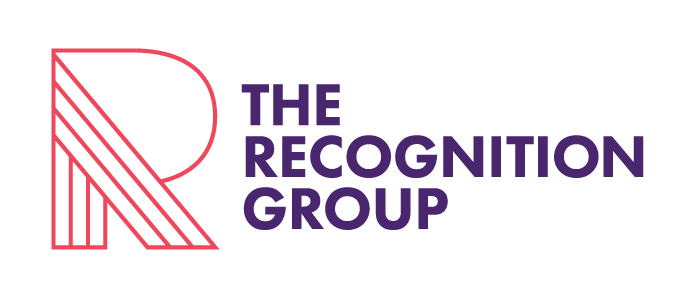Why you need to eliminate jargon and buzzwords in your writing
Using jargon or buzzwords in your marketing copy can create a disconnection with your audience. While a few carefully placed industry terms can show your audience that you’re speaking their language, jargon and buzzwords are more likely to turn readers off than attract them. If you’re looking to attract customers who are new to your industry, you need to write copy that’s clear, unambiguous, and compelling.
Using jargon and buzzwords liberally can indicate that the content writer is trying to gloss over a lack of knowledge or that they have nothing new or useful to say about the topic. Industry terms can serve as a useful shortcut to convey meaning but actual jargon gets in the way of effective communications.
Here are four ways to jettison the jargon and increase engagement with your audience:
1. Write for your current and potential customers
Before writing a word, it’s important to stop and think who your target audience is and what they already know. Then you can determine how to create compelling content that resonates with this audience and accurately conveys your brand message. If there are terms only your current customers would know, consider using more common words to explain those concepts when you’re writing for potential customers. If you’re selling complex products or services, then communicating clearly becomes even more important. This means simplifying the language you use and aiming for fewer than 20 words per sentence to facilitate readability.
2. Avoid acronyms and initialisms
Some industries are awash in acronyms and initialisms and writers can be too quick to assume that readers will know what they mean. For example, SME can equally stand for subject matter expert or small to medium enterprise. The context may make the meaning clear but good writers make sure readers don’t have to rely on context to understand their message. Even if you’re using an acronym or initialism you think is widely known, it always pays to spell it out for your readers. This lets them stay invested in your copy rather than getting distracted by terms they don’t recognise.
3. Test your content
If you’re fully immersed in your industry, you may not even realise when you’re using jargon or buzzwords so it can be useful to test your content with various audiences to make sure it’s jargon-free and easy to understand. As part of this process, you should consider the keywords you’ll include in your content to make it easy to find online. This will make it easy for customers to discover your business.
4. Strive for simplicity
It’s important to communicate your idea or message in the simplest way. Don’t use cliches or tired expressions, or metaphors that unnecessarily disrupt the flow of your content. Find new or more impactful ways to communicate those messages.
If your organisation is facing challenges in developing effective and clear marketing collateral, The Recognition Group offers copywriting services to meet a wide range of audiences. Engaging with a marketing agency can help businesses focus on new revenue streams while we deliver always-on marketing and lead generation programs.
